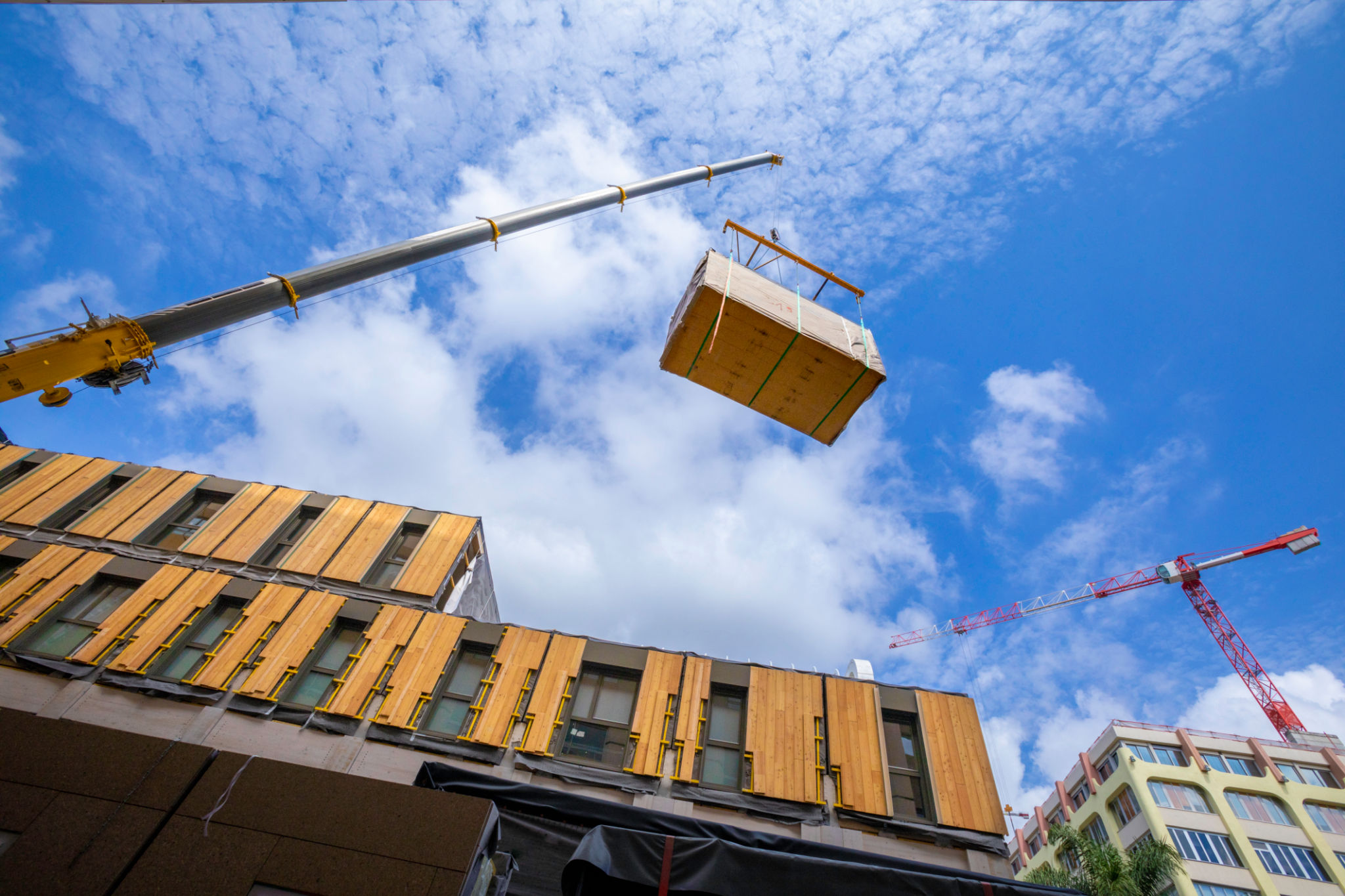Eco-Friendly Building Practices: Sustainable Construction in Middlesex County
Understanding Eco-Friendly Building Practices
As the demand for sustainable living continues to grow, eco-friendly building practices are becoming more prevalent, especially in Middlesex County. These practices aim to reduce the environmental impact of construction while promoting energy efficiency and sustainable resource use. By embracing these methods, builders and homeowners can contribute to a healthier planet while enjoying the benefits of modern, efficient living spaces.
Eco-friendly construction focuses on minimizing the carbon footprint of buildings through the use of sustainable materials, efficient designs, and innovative technologies. This approach not only helps preserve the environment but also offers long-term cost savings for property owners through reduced energy consumption and maintenance requirements.

Sustainable Materials: The Backbone of Eco-Friendly Construction
One of the key aspects of sustainable construction is the use of environmentally friendly materials. These materials are often recycled, renewable, or sourced locally to minimize transportation impacts. Common examples include bamboo, reclaimed wood, and recycled metal, all of which offer durability while reducing waste.
In addition to traditional building materials, innovative alternatives such as straw bales and hempcrete are gaining popularity. These materials provide excellent insulation properties and reduce reliance on non-renewable resources. By choosing these options, builders in Middlesex County can significantly lower the environmental impact of their projects.

Energy Efficiency: A Core Component
Energy efficiency is a crucial element of eco-friendly building practices. By designing structures that maximize natural light and ventilation, builders can reduce reliance on artificial lighting and climate control systems. This not only lowers energy consumption but also enhances indoor air quality, creating healthier living environments.
Incorporating energy-efficient appliances and systems is another essential step. Solar panels, geothermal heating, and high-efficiency HVAC systems are increasingly common in sustainable construction projects. These technologies help reduce utility bills and contribute to a lower carbon footprint.

Water Conservation: Reducing Waste
Sustainable construction also emphasizes water conservation. Builders implement systems that minimize water usage and waste, such as low-flow fixtures, rainwater harvesting systems, and efficient irrigation methods. These strategies help preserve local water resources and reduce overall consumption.
Moreover, landscaping choices play a significant role in water conservation efforts. By selecting native plants that require less water and maintenance, property owners can create beautiful outdoor spaces that align with eco-friendly principles.
The Role of Government and Community Initiatives
Local government and community initiatives in Middlesex County are pivotal in promoting eco-friendly building practices. Incentives such as tax breaks, grants, and rebates encourage builders and homeowners to adopt sustainable methods. Additionally, educational programs raise awareness about the benefits of green construction.
Community-led sustainability projects also foster a sense of collective responsibility for environmental stewardship. By collaborating with local organizations and residents, builders can ensure their projects align with broader community goals for sustainability.

The Future of Sustainable Construction in Middlesex County
The future of sustainable construction in Middlesex County looks promising as more stakeholders recognize the importance of environmentally responsible building practices. Technological advancements continue to offer new solutions for reducing environmental impact while maintaining affordability and quality.
As awareness grows, homeowners are increasingly prioritizing eco-friendly features in their buildings. This shift in consumer preferences is driving innovation in the construction industry and encouraging further adoption of green building standards.
Ultimately, the collective efforts of builders, homeowners, and policymakers in Middlesex County will play a crucial role in shaping a more sustainable future for the region. By embracing eco-friendly building practices today, we can ensure a healthier planet for future generations.
